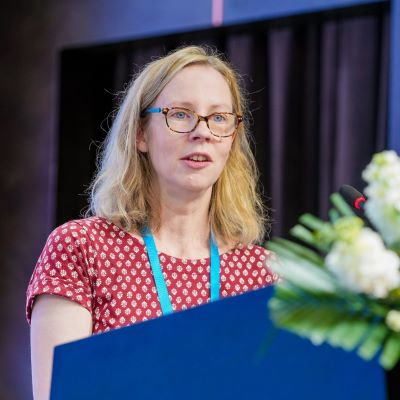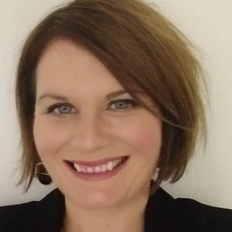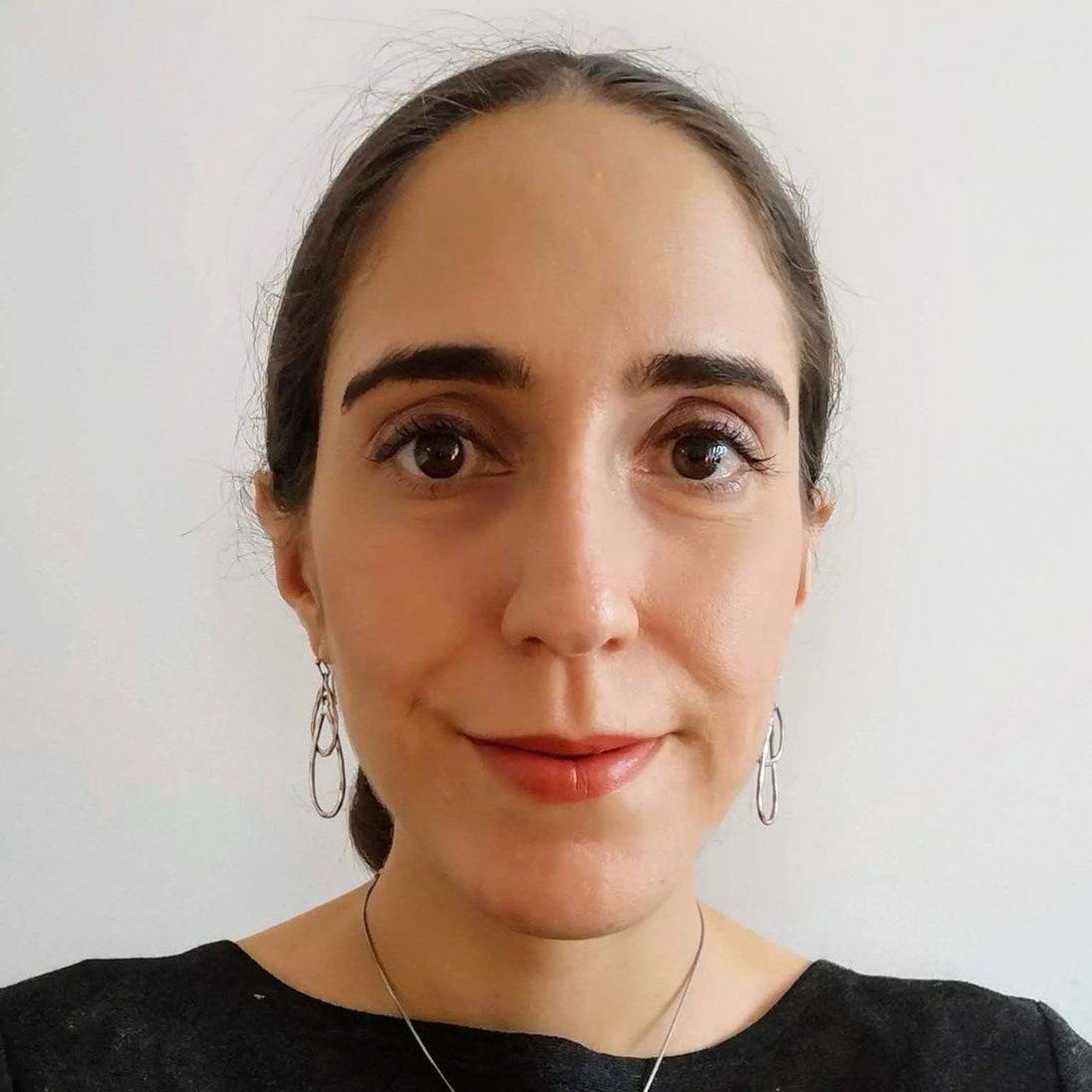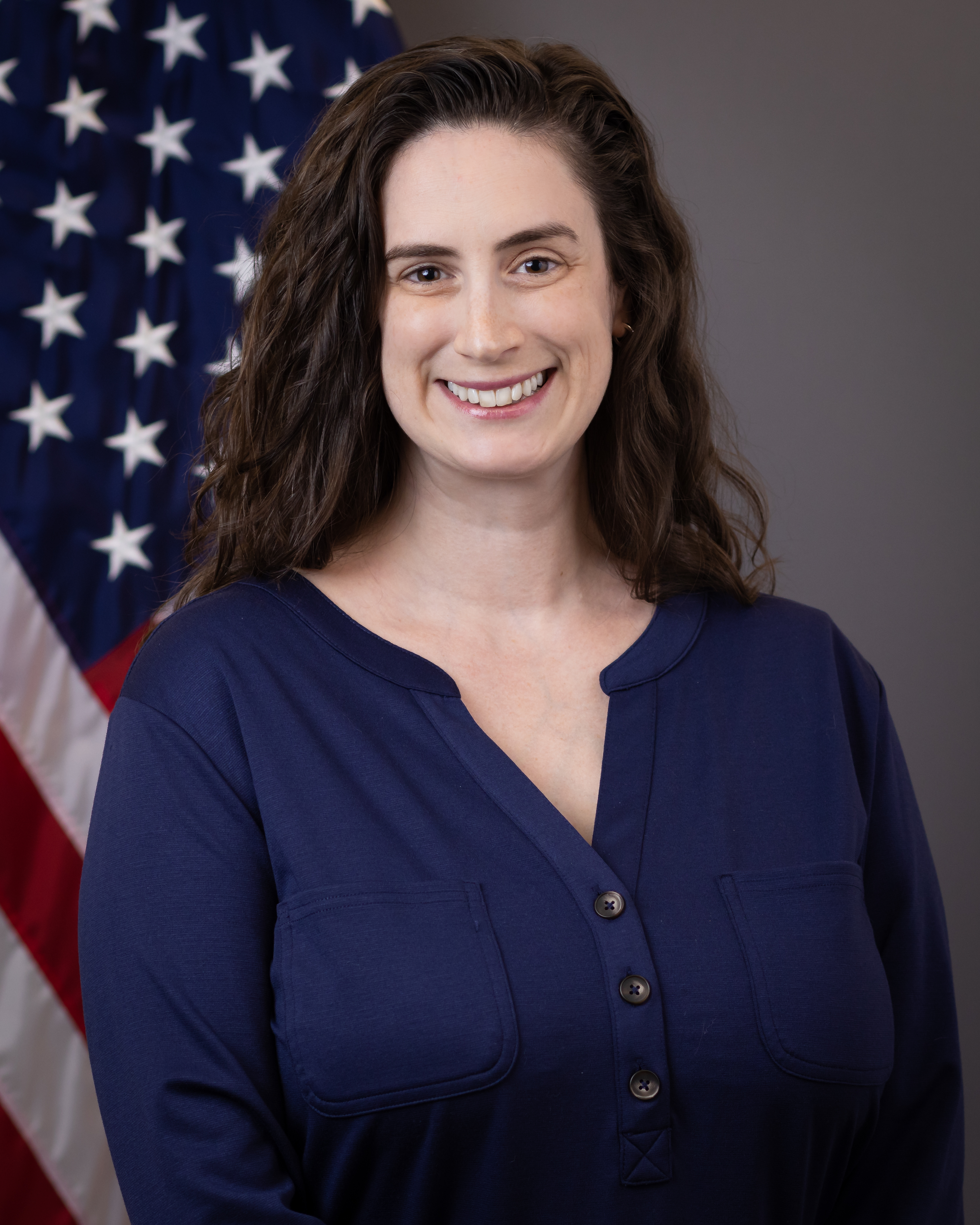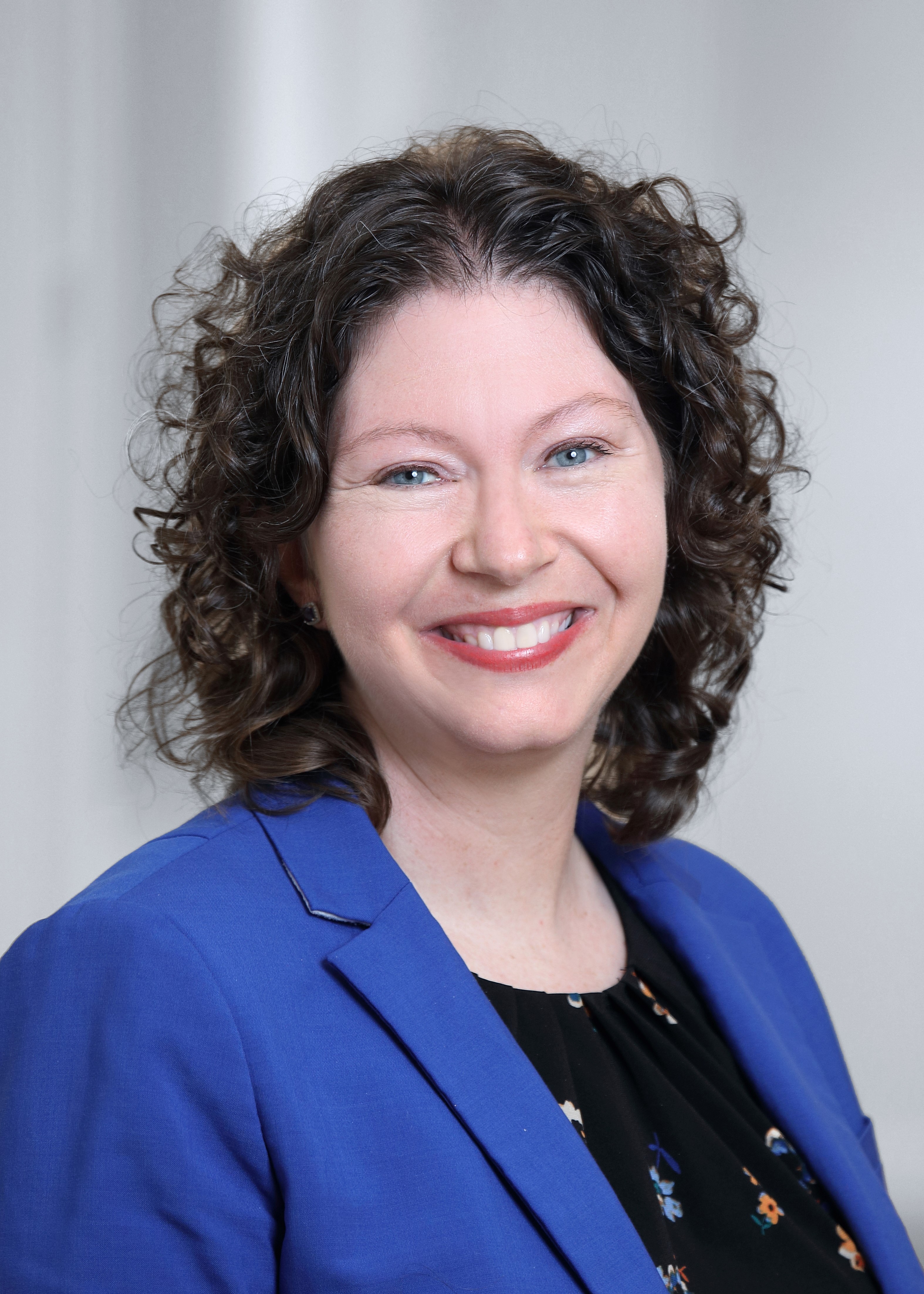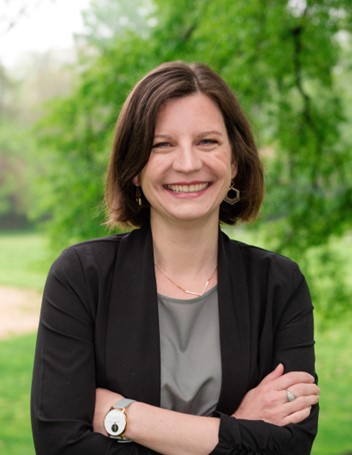ACS PUBLICATIONS WEBINAR SERIES
Beyond the Open Access Transformation
Beyond the Open Access Transformation Webinar series
The proportion of research published as open access (OA) continues to grow each year, with some countries approaching 100% of new research outputs being made freely and immediately available. This achievement has been reached through strong institutional and government support for open science, but not all researchers are able to benefit from this approach – and recent policy shifts indicate a rise in alternative approaches to open science that may prove more accessible, but which present their own challenges.
This series of webinars, bringing together a variety of experts from across the spectrum of research communication and hosted by ACS Publications, covers a variety of topics the common theme of exploring what the future holds for research communication beyond the open access transformation.
DATES
Tuesday, October 22
Monday, November 4
Tuesday, December 10
TIMES
11:00 - 12:00 ET
PLATFORM
On-demand recordings now available
Register for access to on-demand recordings
WEBINAR SERIES
11:00-12:00 ET
Tuesday, October 22
Research integrity: the role of open science
11:00-12:00 ET
Monday, November 4
Preprints, peer review, and the future of research communication
11:00-12:00 ET
Tuesday, December 10
Public access to research: the OSTP guidance and beyond
PROGRAM DETAILS
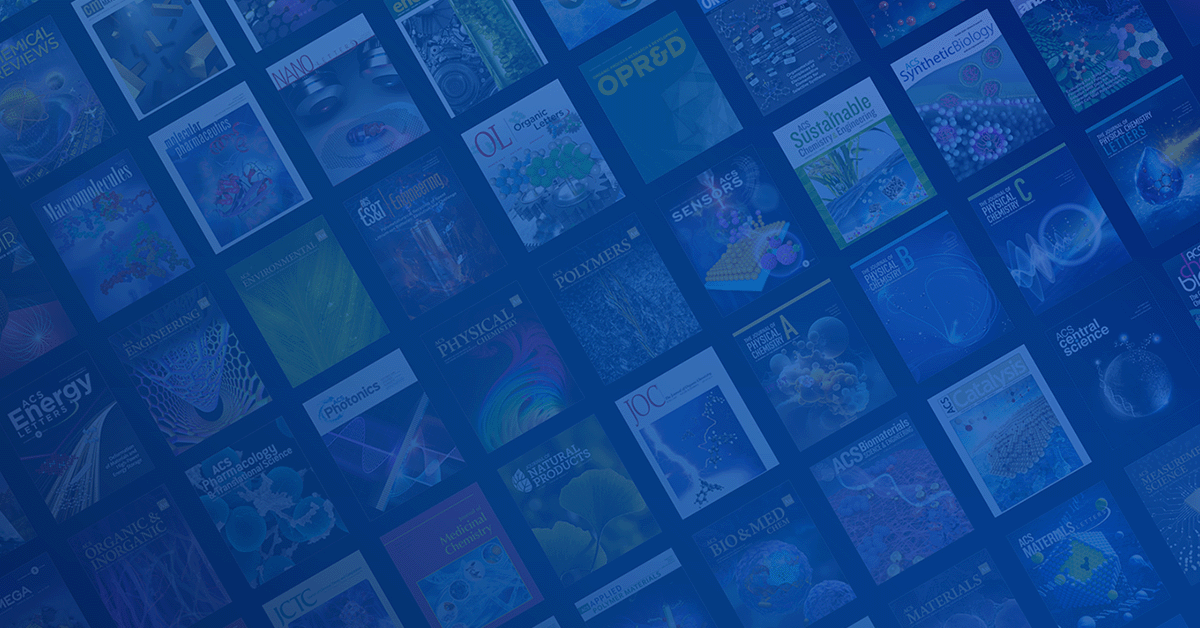
TUESDAY, OCTOBER 22 | 11:00 AM - 12:00 PM ET
Research integrity: the role of open science
Reportedly almost three-quarters of the general public trust in science – but this high level of trust could potentially be undermined by issues relating to research misconduct such as plagiarism, falsification, and fabrication. This is particularly urgent as the use of generative AI becomes more widespread, and as scientific careers continue to hinge on volume and profile of publications.
In addition to providing broader public access to (and engagement with) research, open science practices such as open data, transparent peer review, and the adoption of preprinting have been heralded as ways to increase the level of transparency around research. This transparency can help demonstrate the self-correcting nature of science.
This webinar’s expert panel will discuss many of the biggest issues in research integrity, and how open science practices can help address these problems through initiatives undertaken by researchers, institutions, research funders, and publishers.
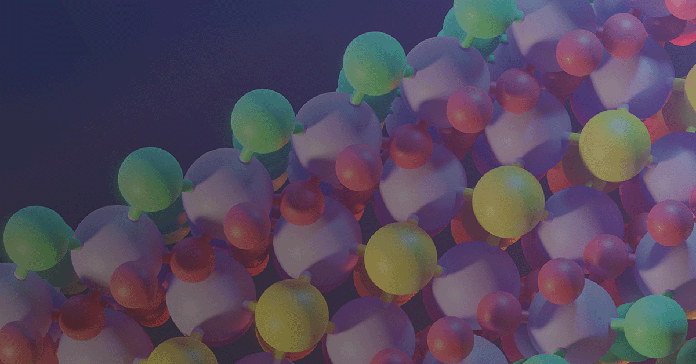
MONDAY, NOVEMBER 4 | 11:00 AM - 12:00 PM ET
Preprints, peer review, and the future of research communication
Open access (OA) has changed the landscape of research communication by broadening public access to research outputs. This same ethos is driving further innovation in other areas of research communication: for example, preprints allow authors to communicate their ideas and findings earlier; new approaches to peer review accelerate time to publication; and research funders are seeking to explore routes to publication outside of ‘traditional’ journals.
This session will discuss alternative methods of research communication beyond the traditional version of record, exploring potential and realized benefits as well as considerations for wider adoption.

TUESDAY, DECEMBER 10 | 11:00 AM - 12:00 PM ET
Public access to research: the OSTP guidance and beyond
The uptake of open science workflows is often driven by political support, with national policy setting out how public funding for research should be deployed. However, in a politically charged environment, this scientific funding is under constant scrutiny.
In 2022, the White House Office of Science and Technology Policy’s “Nelson Memo” set out guidance for all US Federal funding agencies to mandate immediate public access to the research their grants support. This guidance has since faced repeated challenges from both the House of Representatives and the Senate – including recent statements that may limit the implementation of recommendations set out in the Nelson Memo.
The session will bring together a collection of publishers, librarians, and experienced authors to discuss how a turbulent legislative environment is complicating long-term planning around research communication, and steps that have been taken to smooth the journey for researchers.
Beyond the Open Access Transformation webinar series
Copyright © 2025 | American Chemical Society | 1155 Sixteenth Street NW | Washington, DC 20036





